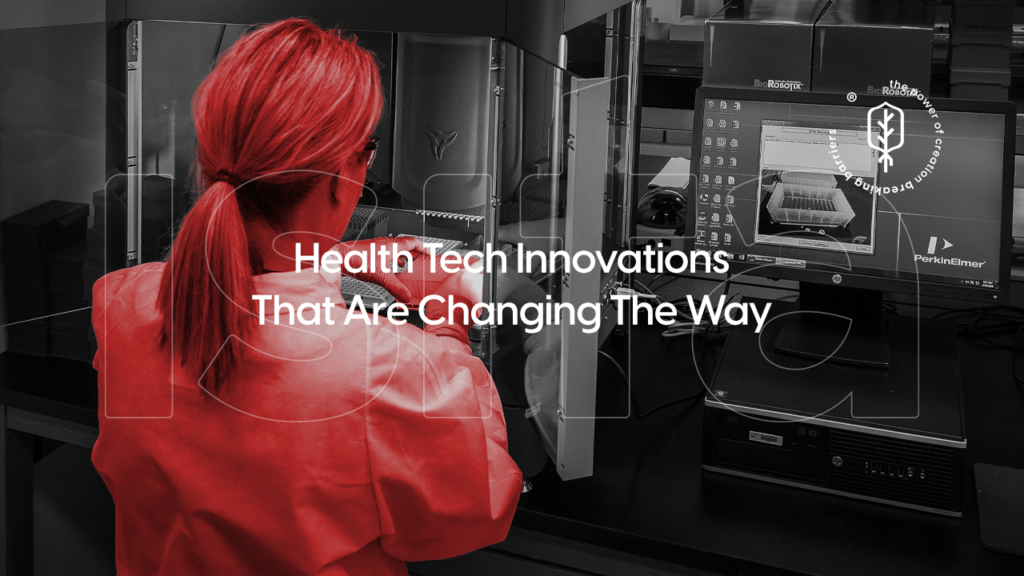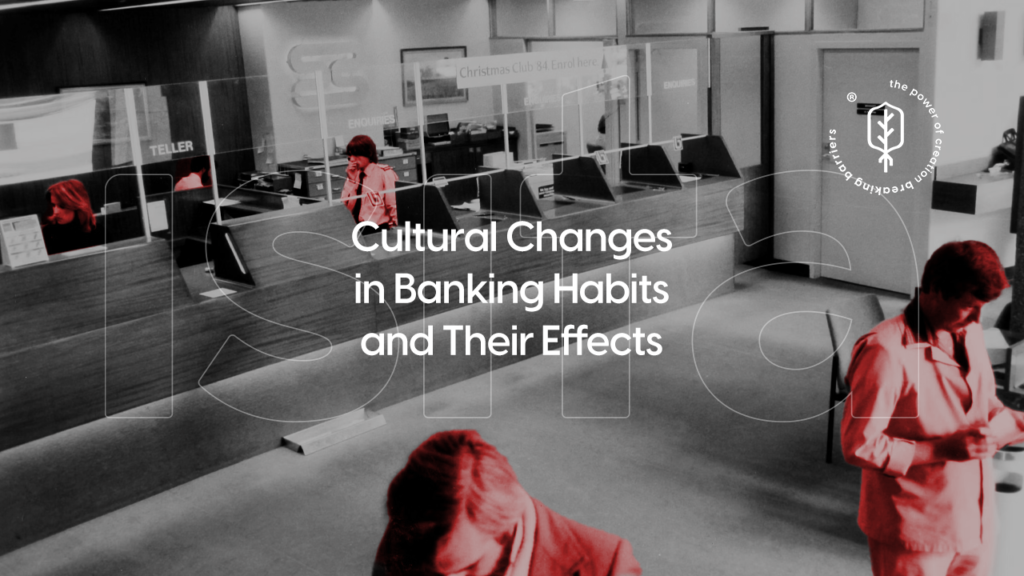The software development industry is experiencing one of the most dynamic and revolutionary phases in its history. The integration of emerging technologies such as artificial intelligence (AI), blockchain, and cloud computing is not only transforming how digital solutions are created but also redefining business and production relationships between strategic regions like Mexico and the United States.
Technological advancement has become a key pillar of global competitiveness. In this context, cross-border cooperation between both countries has strengthened significantly, particularly in software development, where Mexican talent has found an invaluable opportunity to integrate into U.S. innovation ecosystems.
U.S. Secretary of State Antony Blinken has emphasized that technological innovation is crucial to strengthening trade relations between Mexico and the United States. This has encouraged the adoption of new technologies, optimizing processes and opening new opportunities for developers, startups, and corporations in the sector.
Additionally, Statista projects that the AI market in Latin America will grow by 30% annually until 2027, highlighting the increasing role of this and other innovations in the transformation of software development across the region.
Below, we explore how emerging technologies are revolutionizing software development and their impact on the Mexico-U.S. technology ecosystem.
Artificial Intelligence: The Engine of Automation and Predictive Analytics
Artificial intelligence (AI) has evolved from being a futuristic promise to becoming a fundamental tool in software development. Its ability to automate processes, interpret large datasets, and optimize operations has marked a turning point in the industry.
AI Applications in Software Development
- Code optimization: AI algorithms can detect coding errors, suggest improvements, and optimize application performance.
- Automated testing: AI enables continuous software testing, identifying bugs and reducing development time.
- Predictive analytics: Machine learning tools analyze historical data patterns to forecast future behaviors, which is essential in finance and logistics applications.
- Programming assistants: Platforms like GitHub Copilot use AI to suggest real-time code lines to developers, enhancing productivity.
Mexico-U.S. Collaboration
U.S. tech companies are partnering with Mexican developers to integrate AI solutions into industries such as finance, retail, and manufacturing. The geographical and cultural proximity has positioned Mexico as a strategic ally in implementing intelligent systems.
Blockchain: Security and Transparency in Processes
Initially recognized for cryptocurrencies, blockchain has expanded into enterprise applications, providing secure transactions, traceability, and decentralization.
Blockchain Applications in Software
- Smart contracts: Automatically execute agreements when conditions are met, eliminating intermediaries and reducing costs.
- Fraud prevention systems: In banking and finance, blockchain ensures immutable transactions, reducing the risk of manipulation.
- Identity management: Secure and transparent digital identity systems allow users to control their data.
- Supply chain traceability: Mexican manufacturers use blockchain to guarantee product authenticity and track shipments at every stage.
Mexico-U.S. Collaboration
Trade between Mexico and the U.S. has found blockchain to be a key tool for enhancing transparency in customs, logistics, and e-commerce. Mexican developers collaborate with U.S. startups to integrate blockchain in industries such as automotive and agribusiness.
Cloud Computing: The Foundation of Digital Transformation
Cloud computing has revolutionized software development, allowing businesses to store, manage, and process data remotely, eliminating reliance on local infrastructure.
Benefits of Cloud Computing
- Scalability: Companies can adjust resources based on demand, avoiding unnecessary infrastructure investments.
- Accessibility: Development teams in Mexico and the U.S. collaborate in real-time through shared cloud platforms.
- Cost reduction: Companies pay only for the resources they use, reducing operational expenses.
- Security: Cloud providers like AWS, Microsoft Azure, and Google Cloud offer advanced cybersecurity solutions to protect business data.
Mexico-U.S. Collaboration
U.S. corporations have established development centers in Mexican cities such as Guadalajara and Monterrey, where developers work in cloud-based collaborative environments. This has accelerated digital transformation projects in industries such as telecommunications, fintech, and logistics.
Impact on the Mexico-U.S. Software Development Ecosystem
1. Nearshoring and Talent Acquisition
The tech integration between both countries has been fueled by nearshoring, the relocation of tech operations to nearby regions. U.S. companies recognize Mexico as a reliable talent source for software development, AI, and cybersecurity, offering competitive costs and aligned time zones.
2. Growth of the IT Sector
Mexico’s tech market has experienced consistent growth. According to Statista, the IT market in Mexico reached $34.5 billion in 2023, with an annual projected growth of 8% until 2027. The adoption of emerging technologies is significantly driving this expansion.
3. Increase in Foreign Investment
Tech giants like IBM, Oracle, and Microsoft have expanded investments in Mexico, establishing development centers and collaborating with local startups. The integration of AI, blockchain, and cloud computing has been key to strengthening these business relationships.
Challenges and Future Considerations
While emerging technologies offer major benefits, their adoption also comes with challenges:
- Skills gap: Companies need specialized talent in AI, blockchain, and cloud computing. Ongoing training and digital skills development are essential.
- Cybersecurity: As more processes go digital, the risk of cyberattacks increases. Organizations must implement robust data protection strategies.
- Change management: Transitioning to advanced technology environments requires effective change management to ensure smooth adoption.
The adoption of AI, blockchain, and cloud computing is transforming software development and reshaping the technological relationship between Mexico and the U.S.. These innovations not only optimize production processes but also strengthen cross-border value chains, boosting regional competitiveness.
Companies that integrate these technologies with behavioral management strategies and talent evaluation tools, such as PDA Assessment, enhance technical efficiency while ensuring their human capital is aligned with digital transformation goals.



